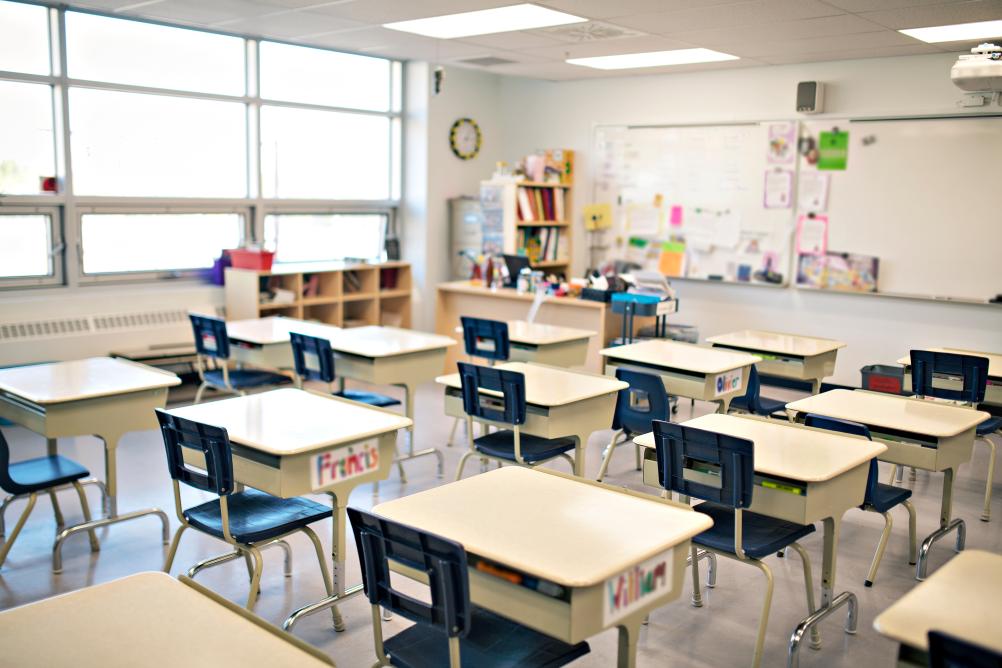The latest changes to Ofsted's school inspection framework in 2024 bring a fresh approach, promising more tailored inspections and deeper insights into each school’s unique journey. With significant changes particularly for SEND inspections, compliance required and curriculum alignment, these updates impact Ofsted inspections for private and independent schools.
If you’re an educator, school leader, or involved in school governance, these updates could have a major impact on your next inspection - and they’re designed to be more context-sensitive than ever. From a stronger focus on attendance and alternative provision to flexible evidence gathering and coding compliance, these new guidelines emphasise understanding each school's individual story.
Below, we break down the essential changes to help you and your team prepare, make sure you’re compliant and make the most of this new framework.
Focus on Ofsted attendance analysis and compliance
Attendance remains a core focus in both graded and ungraded inspections. Schools must not only track attendance data but also critically analyse it, understanding underlying trends and possible areas for improvement.
For schools using alternative provision, inspectors may require access to records or expect visits to off-site facilities to ensure curriculum alignment and attendance monitoring. For any pupils on part-time timetables or flexi-school arrangements, detailed records should be available to inspectors, demonstrating a limited and necessary use of such timetables, especially during special assessments.

Ofsted compliance updates - coding for part time and flexi schooling
Part-time timetables must align with recent DfE guidance, with C2 coding in attendance records (instead of the old B code) where appropriate for students on part-time schedules or supervised educational activities outside school premises. Flexi-schooling - where parents take primary responsibility for education and the student attends only select subjects - requires its own code, and inspectors will likely review evidence that coding is accurate.
Changes to Ofsted inspections - from deep dives to flexible evidence gathering
Unlike the structured deep-dive approach previously used in both graded and ungraded inspections, ungraded inspections now allow greater flexibility. Inspectors can explore three or four core focus areas tailored to each school's unique context, like the effectiveness of subject teaching, student attendance, or curriculum impact. The flexibility supports a more dynamic review, allowing inspectors to adapt their investigation based on real-time findings and the school’s development journey.
Increased contextualisation in inspectionsead
Inspectors will now assess how well a school’s practices are aligned with its specific context. This includes the community, parental engagement, SEND support, and areas identified in past inspections. In addition, if a previous inspection highlighted low attendance, inspectors may prioritise examining attendance improvement measures, the school’s engagement with parents, and any policies in place to address this.

Reduced spotlight on workload and well-being in Ungraded Inspections
The removal of spotlight areas, including staff workload and well-being, in ungraded inspections has raised concerns. However, these factors remain central to all inspections, as inspectors still assess staff support structures and policies aimed at reducing workload stress. Flexibility in evidence-gathering further supports in-depth discussions on these topics, even if they are no longer highlighted as separate spotlight areas.
Removal of Overall Effectiveness Judgement
A significant change is the elimination of the “overall effectiveness” judgment for ungraded inspections, meaning schools will no longer receive a single headline rating (e.g., "Good" or "Outstanding"). While this reduces the pressure to maintain an overall rating, schools may need to adjust their communication strategies with stakeholders as the emphasis shifts to more detailed, focused feedback.

Implications for Independent Special Schools
Independent schools expecting Ofsted visits will follow the non-association independent schools framework rather than the Independent Schools Inspectorate (ISI) framework. For these schools, there have been some changes to the handbook, however, the overall effectiveness judgement remains for the moment.
In summary, for ungraded inspections this new framework empowers inspectors to focus on areas that are most relevant to each school’s context, using a less rigid approach to encourage meaningful conversations with leaders and staff. Schools should prepare by documenting their improvement efforts, especially in attendance, SEND support, and curriculum impact, while remaining compliant with current coding practices. This shift represents Ofsted’s commitment to a more individualised, nuanced view of school effectiveness.
Catch up on missed learning
Prepare for the new Ofsted framework 2024. Watch our 'Understanding the new Ofsted Framework' webinar with Stephen Long to explore SEND inspections, compliance updates, and practical tips.
